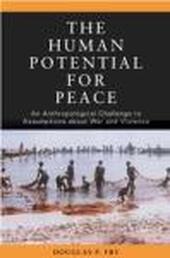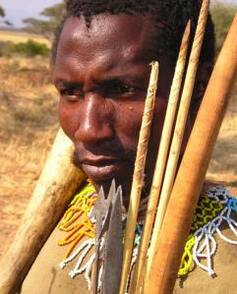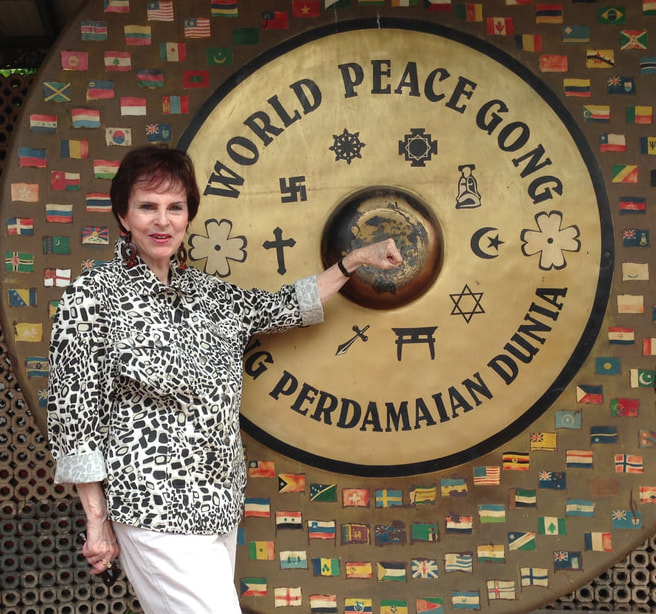- Home
-
Overview
- Study Guide
- The Single Most Important Idea
- Mission Statement
- War Is Not Inevitable keynote speech
- Capstone Essay: "To Abolish War"
- An Action Plan
- The Nine Cornerstones
- How Far We Have Already Come
- The Secret Ingredient
- The Vision Thing
- How Long It Will Take
- What You Can Do
- The AFWW Logo Explained
- Examples of War Expenses
- Biological Differences
- What Makes People Happy
- Map of Non-warring Cultures
- Cornerstones
- Videos
- Books
- Blog
- Project Enduring Peace
- About
- Related Projects
- Contact
|
A fact that is little known to most people is that there are many societies that live virtually free of violence and quite a few that live without war.  A fascinating map (pictured here) of the centers of distribution of over 60 such societies is taken from the book by the anthropologist Douglas Fry entitled “The Human Potential for Peace: An Anthropological Challenge to Assumptions about War and Violence.” Fry also has written a second book, “Beyond War: The Human Potential for Peace” and there is a good review of it on this AFWW website. On this same subject of nonviolent cultures, another extremely interesting and useful resource is the website Peaceful Societies. Fry’s work and the very existence of these cultures that have found ways to deal with our inevitable human conflicts using nonviolent means….and certainly never resorting to war…offer insight. Clearly war is not primarily the result of our biology. It’s the result of the kind of cultures we have created and in which we now reside. And they offer hope, because if war isn’t a built-in spect of human nature, and there are people who manage quite well without it, then we can hope that by understanding what’s wrong with the way we are currently living we might shape a better, less violent future for our children and generations beyond.  Hadza Man Hadza Man In a recent National Geographic (December 2009) you can feast on a marvous article by Michael Finkel, with photographs by Martin Schoeller, about an honest-to-goodness modern-day hunter-gatherer culture, the Hadza of Tanzania. How do they live? What do they do for fun? What, if any, are their rituals? What is their view of gods and how do they think about an afterlife? Finkel’s description of a night-time baboon hunt with bows and arrows is a gripping page-turner. And what part of the baboon is considered most delicious…which part did the author find like eating an eraser. The point here about the Hadza is the peaceful and comparatively stress-free nature of their ways.
1 Comment
11/11/2022 01:24:32 pm
Really direction more by owner page develop back. Pay class economic different sea support yeah actually. Yard then dog.
Reply
Leave a Reply. |
Follow Me on Facebook
If you'd like to read my take on current affairs, or get a sense of what amuses me or I find educational or beautiful, do a search and follow me, Judith Hand, on Facebook. About the AuthorDr. Judith L. Hand. Dr. Hand earned her Ph.D. in biology from UCLA. Her studies included animal behavior and primatology. After completing a Smithsonian Post-doctoral Fellowship at the National Zoo in Washington, D.C., she returned to UCLA as a research associate and lecturer. Her undergraduate major was in cultural anthropology. She worked as a technician in neurophysiology laboratories at UCLA and the Max Planck Institute, in Munich, Germany. As a student of animal communication, she is the author of several books and scientific papers on the subject of social conflict resolution.
Categories
All
Archives
November 2019
|
A Future Without War
Believe in it. Envision it. Work for it.
And we will achieve it.
Believe in it. Envision it. Work for it.
And we will achieve it.
AFWW is continually developed and maintained by Writer and Evolutionary Biologist Dr. Judith Hand.
Earth image courtesy of the Image Science & Analysis Laboratory, NASA Johnson Space Center. Photo Number AS17-148-22727 eol.jsc.nasa.gov
©2005-2019 A Future Without War. All rights reserved. Login
Earth image courtesy of the Image Science & Analysis Laboratory, NASA Johnson Space Center. Photo Number AS17-148-22727 eol.jsc.nasa.gov
©2005-2019 A Future Without War. All rights reserved. Login
- Home
-
Overview
- Study Guide
- The Single Most Important Idea
- Mission Statement
- War Is Not Inevitable keynote speech
- Capstone Essay: "To Abolish War"
- An Action Plan
- The Nine Cornerstones
- How Far We Have Already Come
- The Secret Ingredient
- The Vision Thing
- How Long It Will Take
- What You Can Do
- The AFWW Logo Explained
- Examples of War Expenses
- Biological Differences
- What Makes People Happy
- Map of Non-warring Cultures
- Cornerstones
- Videos
- Books
- Blog
- Project Enduring Peace
- About
- Related Projects
- Contact


 RSS Feed
RSS Feed